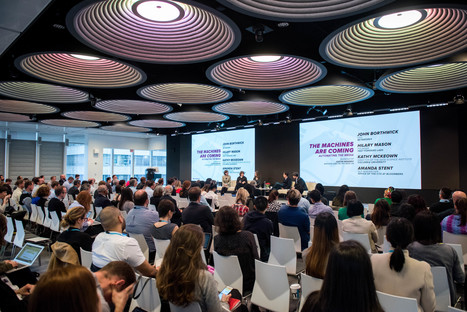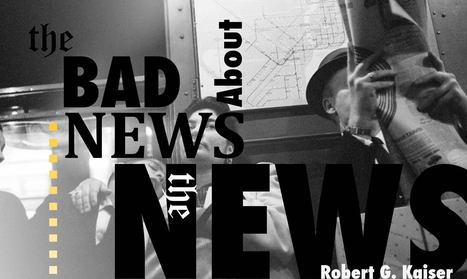Amanda Stent, a natural language processing researcher at Bloomberg, said data scientists want to work with journalists to create mutually-beneficial solutions. “I see the newsroom working with data science to create very forward looking, fast and accurate journalism, both text and multimedia,” she said. “I think it’s incredibly exciting and really helps people who are consumers of media to make better decisions and be better informed.”
John Borthwick, the CEO of Betaworks, said that humans need to begin to discuss the ethical implications of machine learning and to understand how machines interact with human experiences. “Our sense as human beings that we have this ability to be able to do things that machines can’t do is going to be challenged, and we need to start thinking about this,” he said.
Borthwick pointed to the fact that political bots had a significant impact on how Americans thought about the 2016 presidential candidates and how they voted.



 Your new post is loading...
Your new post is loading...













But it's a bot, and other AI and journalism ideas.